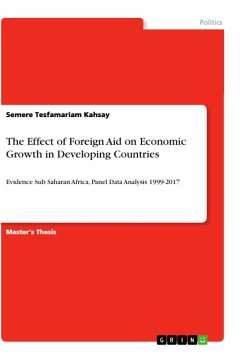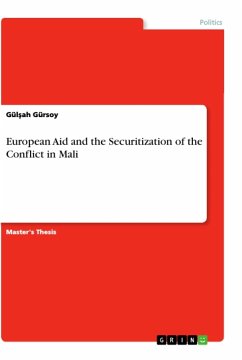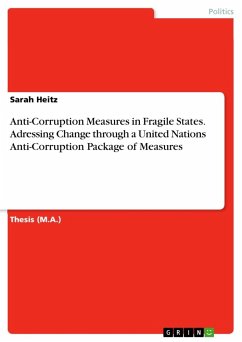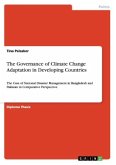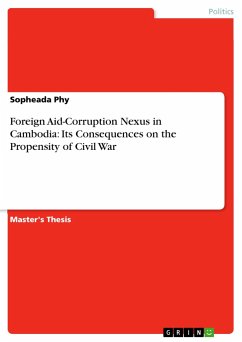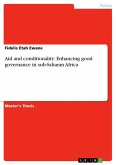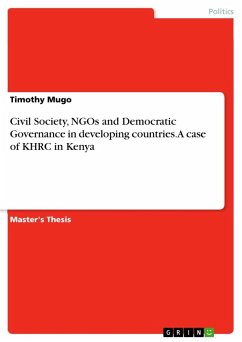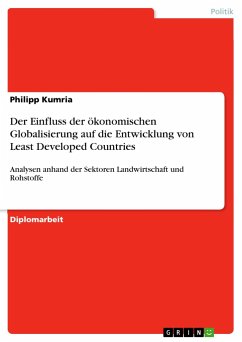Master's Thesis from the year 2019 in the subject Politics - International Politics - Region: Africa, grade: 2, University of Trier (University), course: MS.c. in Economics, language: English, abstract: The paper aims to analyze the aid-growth relationship in sub-Saharan Africa (SSA) using a panel data which ranges over the period of 1999-2017. In addition to its main objective, this paper also examines the role of macroeconomic and institutional factors in understanding the linkage between aid and growths. A huge aid inflow to sub-Saharan Africa and persistent economic growth as well as extreme poverty in the regions causes a heated debate on the success of foreign financial sources in achieving economic development in SSA. Accordingly, this paper is devoted to evaluating the effect of aid on the economic growth of SSA's twelve countries. The result shows that aid has a positive effect on growth but statistically insignificant.However, the empirical findings reveal that the interaction terms of aid with inflation and government consumption are statistically significant. This implies that aid will be more effective in a sound macroeconomic environment. Consequently, the result shows that "institutional quality" has a negative but statistically insignificant effect on growth. Whereas, its interaction term with aid found to be positive but also statistically insignificant this implies that the effectiveness of aid on growth is independent to the institutional environment. The paper also evaluated the impact of aid on growth through the "Two-Gap" model which tests that aid accelerate growth through improves saving and trade. The result reveals that aid has a positive and significant effect on investment, but an insignificant role in enhances trade. The overall result shows that the relationship between aid and growth is conditional on the macroeconomic factors, but irrespective to the institutional environment.

